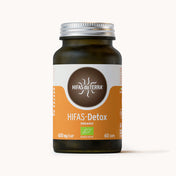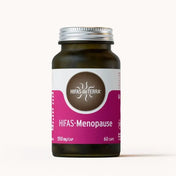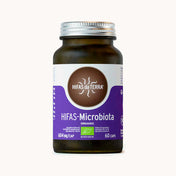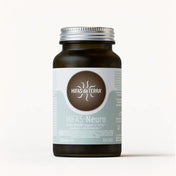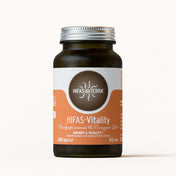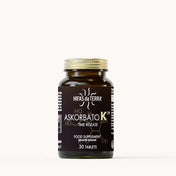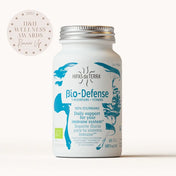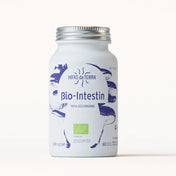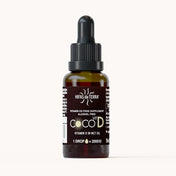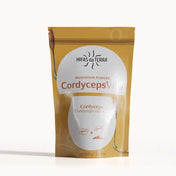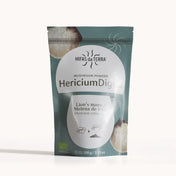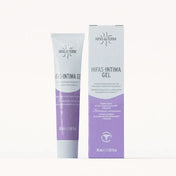Women’s intimates Health is a multifaceted and essential Aspect of Overall Wellbeing. It locks Comfort and Hygiene, IT’s about creating a Foundation of Resilience to Address Common Health Concerns Like HPV, recurrent infections, and hormonal changes. Emerging Research Has Shown That Supporting The Immune System and Mainting A Balanced Vaginal Microbiota Pivotal Rolles in Addressing these Challenges Naturally and Effectively.
What is the microbiota vaginal?
The Vaginal Microbiota Refers to the Community of Microorganisms (Mainly Bacteria) that live in and populate the vagina. These microorganisms play a vital role in mainting Health vaginal by creating a Balanced Envieronment that Protects Against Infections and reure proper function of the mucosa vaginal.
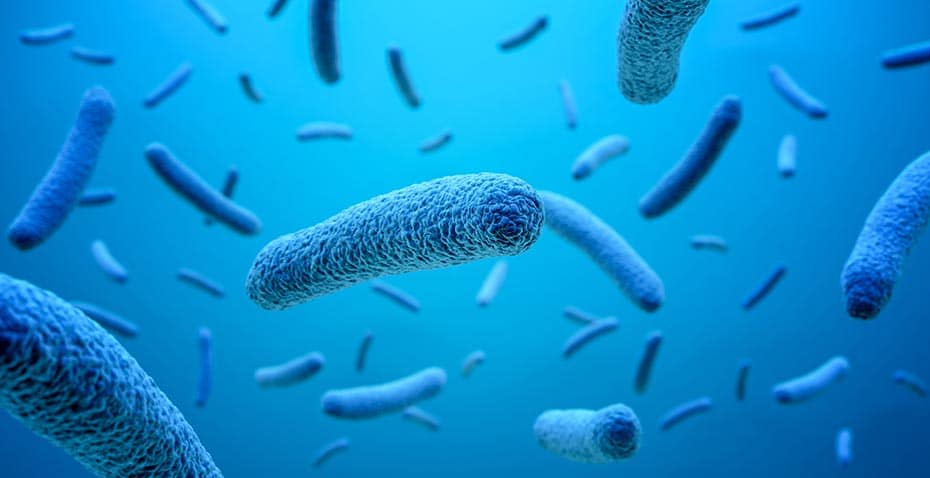
Key components of the vaginal microbiota
- Lactobacilli: Be beneficial domain bacteria to Healthy Vaginal Microbiota. They produce LACTIC ACID, WHICH KEEPS THE Vaginal Ph Slightly Acidic (Around 3.8–4.5), Creating An Environment That Inhibits The Growth Of Harmful Pathogens Such as bacteria and viruses. Sub Key Species Include Lactobacillus acidophilus, lactobacillus crispatus, Lactobacillus gasseri, and Lactobacillus rhamnosus.
- OTER BACTERIA: IN SMALLER QUANTITIES, DIFFERENT BACTERIAL SPECIES ARE PRESENT, WHICH MAY BECOME PROBLEMATIC FE THE BALANCE IS DISPRUED E.G., Gardnerella vaginalis Which Can Lead To Bacterial Vaginosis.

HPV and Immune System Support
Human Papillomavirus (HPV) is One of the Most Most Viral Infecting Women and Can Be passed on Through Close Skin-To-Skin Contact, usually During Sexual Activity. AROUND 14 TYPES OF HPV ARE Considers High-Risk and Can Lead to Cervical Cancer. TWO OFSE TYPES (HPV 16 and HPV 18) Cause Around 70 out of 100 (70%) of All Cervical Cancer Cases.
While Many HPV Infections Clear Naturally Through Immune Respons, A Committed Immune System or Imbalanced Microbiota Can Prolong The Infection, Leading to Complications.

The Link Between Microbiota Health and Recurrent Infections
Many Women Experience Recurrent vaginal orinary tract infections (Utis), which can significantly impact their quality of life. These infections are offen associated with Imbalances bacterial in the Microbiota vaginal, Triggred by Factors Such as:
- Antibiotic Treatments.
- Hormonal Shifts During Menopause, Postpartum, or Contraceptive Use.
- Lifestyle Factors, Including Stress and Diet.
Rebalancing the microbiota is a corner of vaginal preventing orinry infections. Probiotics Like Lactobacillus rhamnosus and Lactobacillus crispatus Have Been Clinically Shown To Restore The Vaginal Flora and reduces pH Levels, WHICH PROTECT AGAINST THE GROWTH OF Harmful Microorganisms. Combining Probiotics with Prebiotics and Adaptogenic Nutrients May Further Enhance This Protective Effect.
The Intersection of Immune Health, Microbiota, and Quality of Life
The Immune System and Microbiota Are Deeply Interconnected, Influencing Intimate Health and Overall Vitality. WhenSe Systems are in Balance, Women Experience:
- Reduced risk of infections and inflammation.
- Improved Vaginal Comfort and Sexual Health.
- Enhanced Resilience Against Environmental and Hormonal Stressors.
Lifestyle Interventions Such as mainting to Nutrient-Dense diet, Reducting Stress, and using targeted nutritional or microbiota support can be transformative in managing intimate Health Concerns.

How Can We Protect Ourselves Against HPV?
Strengthening The Immune Defense is vital in Reductibility and Aiding The Body’s Natural Ability To Combat The Virus.
Key factors that can influence immUNITY AGAINST HPV Include:
- Microbiota gut and vaginal: To Healthy Balance of beneficial bacteria, such Lactobacillus, Helps Modulate Immune Respons and Maintain A Protective Barrier in the Vaginal Area, Reducting The Risk of Infection.
- Micronutrient support: Vitamins Like A, and C, Are Known to Enhance Immune Activity and Protect Mucous Membranes, The Body’s First Line of Defense.
Addressing these factories can provides Robust Defense Against HPV and Aid in Clearing Viral Infections Affecting The Vaginal Mucosa.
Summary
Women’s Intue Health Extends Beyond Hygiene, Encompassing Resilience Against Challenges Like RESTING HPV INFECTIONS, and hormonal changes. Central to This is the Vaginal Microbiota, A Community of Microorganisms, Primarily Lactobacilli, that maintain an acidic vaginal pH which acts as a Protective Barrier Against Infections. Disruptions in This Balance Can Lead to Conditions Like Bacterial vaginosis and recurrent urinary tract infections (Utis).
Factors Such as antibiotics, hormonal shifts, stress, and diet can disrupt the microbiota, but targeted interventions like probiotics, prebiotics, and adaptogenic nutrients can restore balance. Human Papillomavirus (HPV), A Common Viral Infection Linked to Cervical Health, Can persist if the immune system is Weakened or the Vaginal Microbiota is Imbalanced. Strengthening Immunity Through Micronutrients Like Vitamins A and C, and Promoting a Healthy Microbiota with Probiotics, Helps Combat HPV and Other Infections.
A Well-Funcationing Immune System and Balanced Microbiota Not Only reduces infection risks but also vaginal comfort, sexual Health, and Resilience to Environmental and Hormonal Stressors. Lifestyle Changes, including to Nutrient-Rich Diet and Stress Reduction, play a vital role in supporting overall intimates Health.
